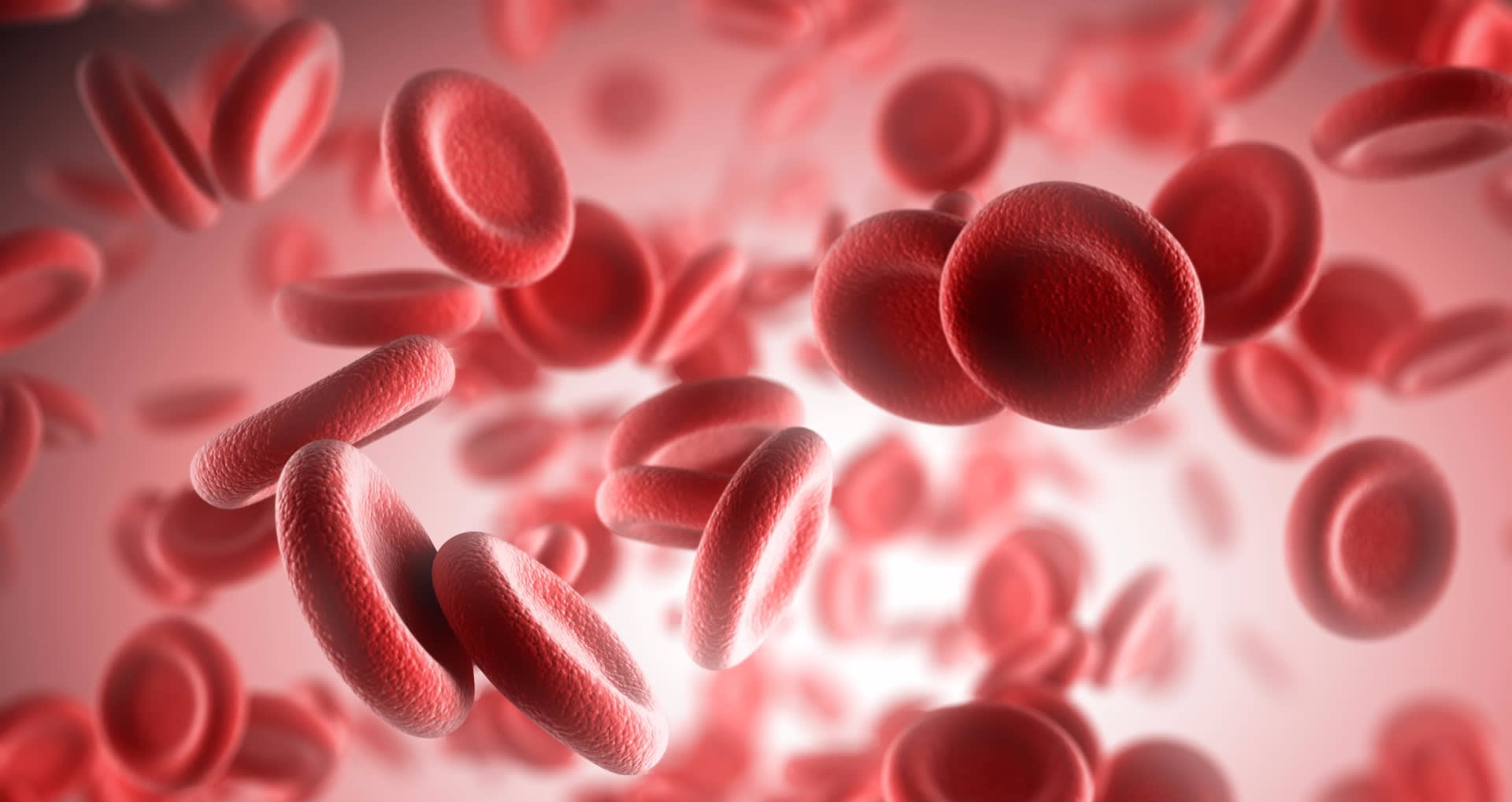
Apolipoprotein (ApoB) Check
£140
The apo B/apo A1 ratio indicates the cholesterol balance between potentially atherogenic (bad) and anti-atherogenic (good) particles.

The APOB/A1 ratio is considered by some researchers and healthcare professionals as a more accurate indicator of cardiovascular risk compared to traditional cholesterol measurements, such as LDL cholesterol or total cholesterol. An elevated APOB/A1 ratio may suggest an imbalance between atherogenic (artery-clogging) and anti-atherogenic (artery-protective) lipoproteins, which could indicate an increased risk of developing cardiovascular disease.
By measuring the APOB/A1 ratio, healthcare professionals may gain additional insights into a person's cardiovascular risk profile, potentially helping in the assessment and management of cardiovascular disease.
What's included
Apolipoprotein Ratio
The apo B/apo A1 ratio indicates the cholesterol balance between potentially atherogenic (bad) and anti-atherogenic (good) particles.
Test instructions

You’ll receive your blood test venous vial kit in the mail, along with logistics for your venous sample collection and return via mail. Please note if you are ordering a test to an address outside the UK/I you will need to purchase additional international shipping here: https://www.healthily.co.uk/tests/International-Shipping

Fast from all food and drink other than water for at least 8 hours, and no more than 12 hours prior to your test.

Book a collection for a venous blood draw AND centrifuge using a phlebotomy service. Contact Bloodservices@mail.com for options in your location. Please note there is an additional cost associated payable directly to the service. Please only book Mon (ensuring the weather temperature for the week does not exceed 22C on any day) and bring your prepaid packaging to post the sample directly after. This test is not possible at TDL or Superdrug.

Results for this test available in 10-12 business days and will be published in your online dashboard.
Ready. Set. Go!
for $140
You may also be interested in
Lipoprotein Particle Check
13 tests included
£192
50% of people who develop cardiac disease have ‘normal’ cholesterol. A traditional LDL blood test doesn't measure small dense LDL particles, which can hide behind normal cholesterol and increase the risk of heart attack.
Cholesterol Check
5 tests included
£55
Cholesterol is a fatty substance found in the blood which is essential for life. However too much cholesterol can have a serious effect on your health as it increases your risk of having a heart attack or stroke.
Best seller
Diabetes Check
1 test included
£63
Type 2 diabetes is the fastest growing chronic condition in the UK but it is a preventable disease and easy to predict. This simple diabetes test highlights whether your lifestyle or physiology put you at risk.